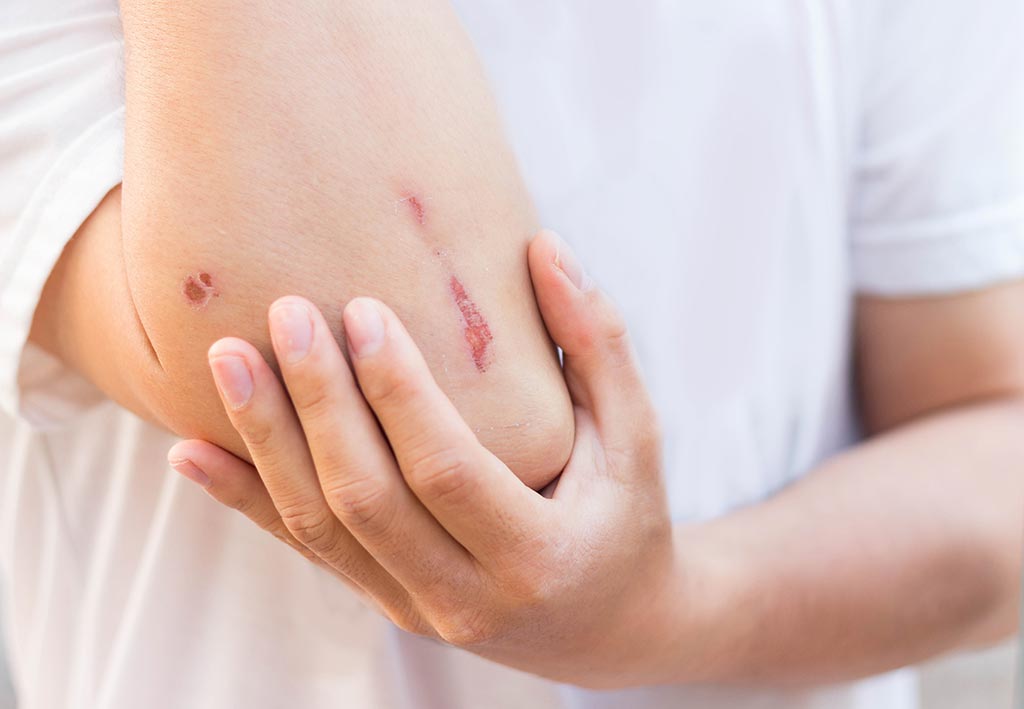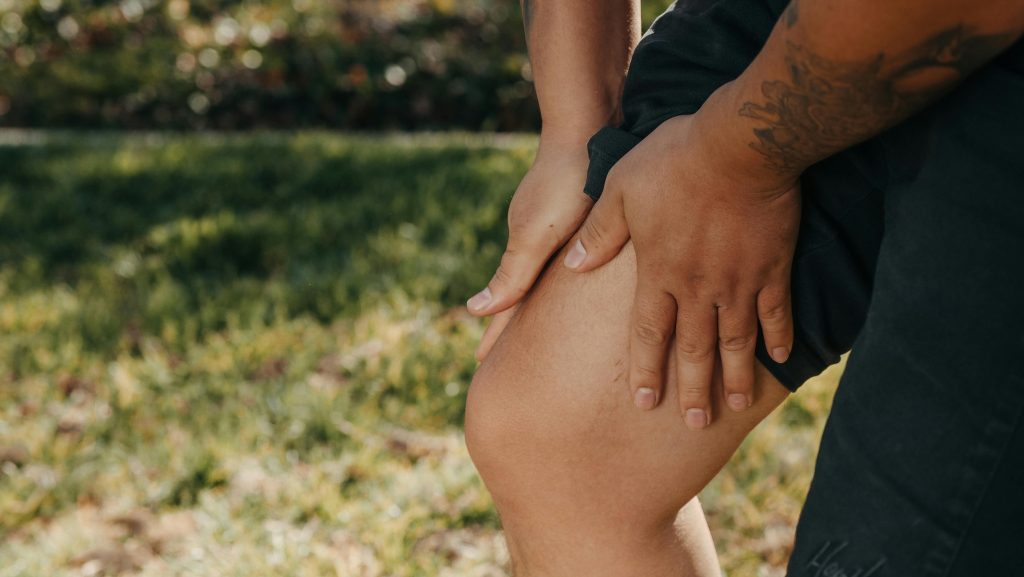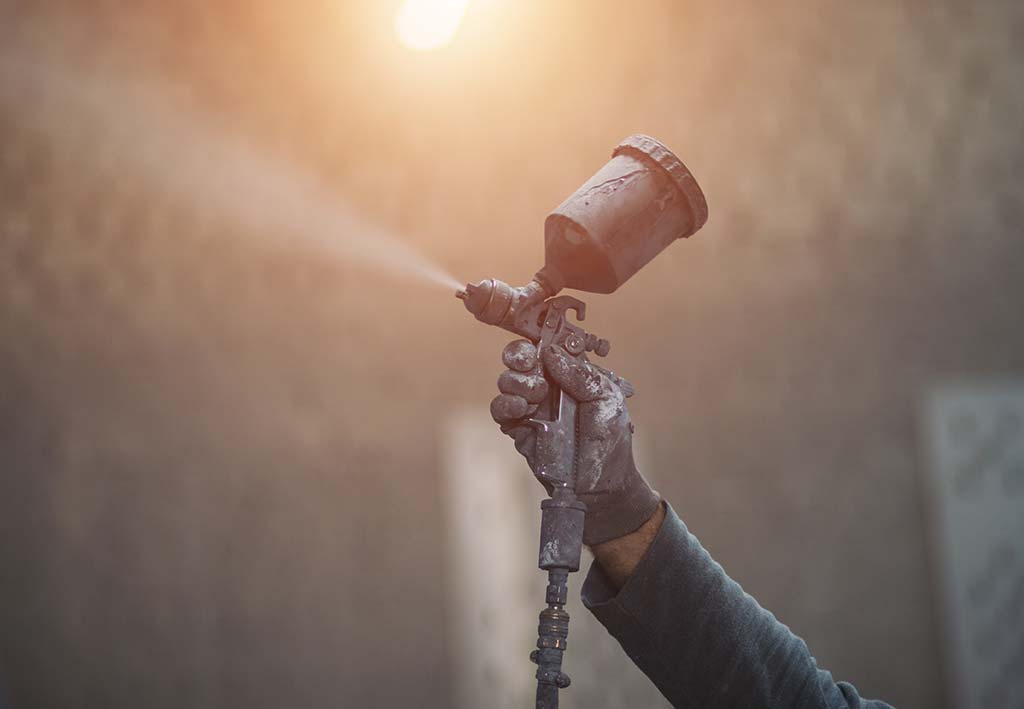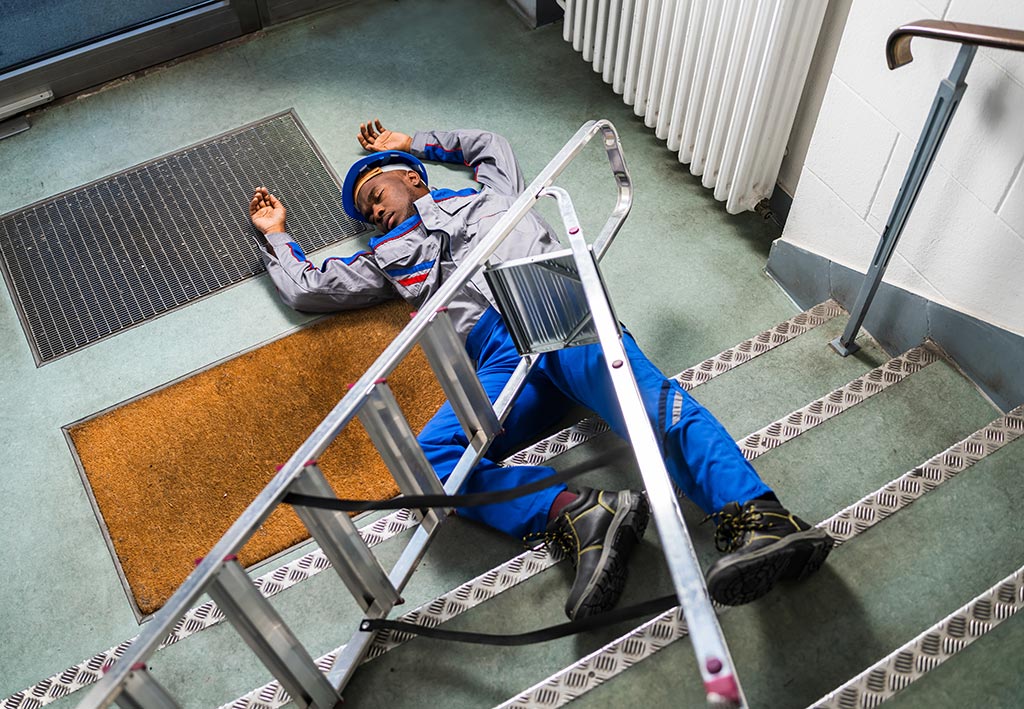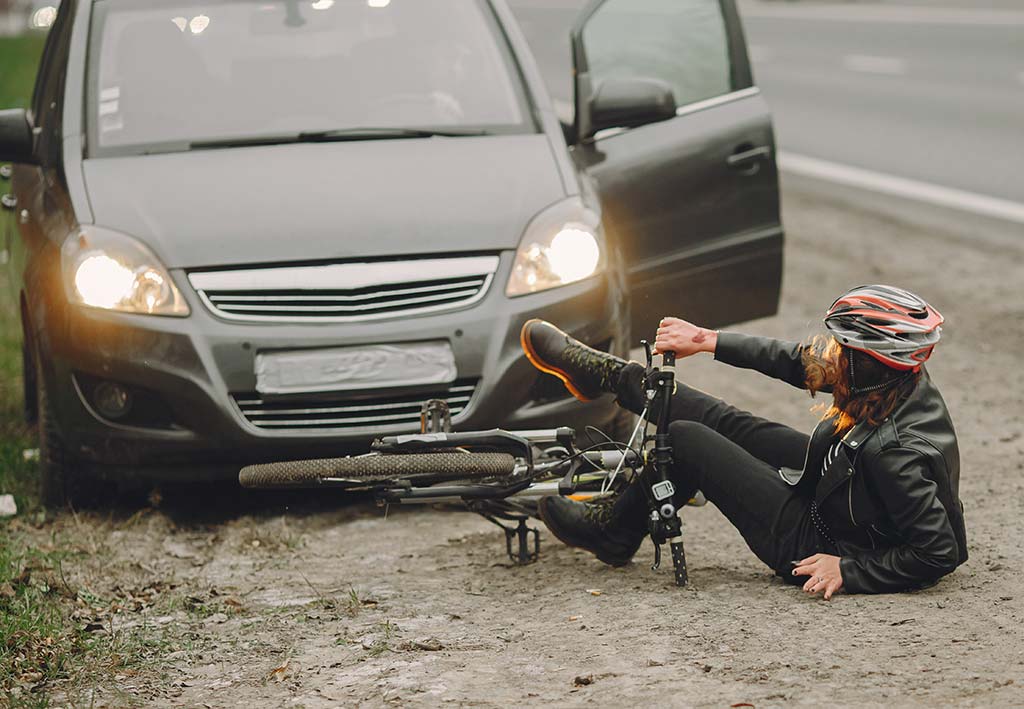What’s the claim?
‘With some regularity, companies are ordered to pay compensation to victims of slipping accidents , because the duty of care was insufficiently fulfilled.’
Who says that?
Rob van Nes, seller of Slipfree, a chemical that promises to protect people from slipping.
Where does he say that?
In a press release from the beginning of this month, in which he announces that the stuff from Spain has recently also been for sale in the Netherlands.
What was that again?
According to the Consumer & Safety Foundation, 23,000 accidents per year (63 per day) occur as a result of slipping on slippery or wet floors in the Netherlands, in which 6,500 cases require medical attention and 270 are so serious that hospitalization is necessary. At least, that is what Van Nes reports on his own Slipfree website. At Consumer & Safety, spokesperson Cees Meijer says that they continuously monitor the fall and slip figures through the First Aid Departments of hospitals.
‘But it has been several years since we reported on this.
So these figures are dated and I don’t know if they are still correct’.
What is true?
Last year, the University of Amsterdam, commissioned by the Ministry of Social Affairs & Employment, published a thick report on liability in cases of occupational health and safety-related damage. The researchers surveyed 6,000 employers about the causes of damage caused by accidents and cases of occupational diseases. ‘Missteps, stumbling, slipping’ (and psychological overload) were the most frequently mentioned. Stumblers, missteps and slips account for 16 percent of all occupational health and safety-related damage, of which 70 percent is awarded compensation, according to the report.
A look at the database of lawsuits shows that there are indeed regular slip cases on the docket. And sometimes compensation is paid.
‘In 90 to 95 percent of cases, these kinds of cases are concluded with a settlement,’ says Utrecht personal injury lawyer Vincent Dolderman . He assisted about 25 slips in his career. An amount of 25,000 euros was the highest compensation he ever won for a slip.
‘When it comes to granting it, it really depends on the person in question. Loss of income is usually the largest loss item. And then, of course, things are different with a bank manager than with a cashier.’
“Interesting, by the way, that anti-slip stuff,” he says. I’m going to google it right away. In such cases, it is often questionable whether alternatives have been considered.
For example, there was once a case against a supermarket where someone slipped on a piece of fruit. The supermarket was able to demonstrate with a cleaning schedule that they had fulfilled their duty of care. But if you can prevent people from slipping with a cheap remedy, a company is in fact at fault if they don’t use it.
Final verdict
The claim is true. Pinocchio wrongly believed that slides with injuries and damages were mainly a matter for American ambulance chasers.

